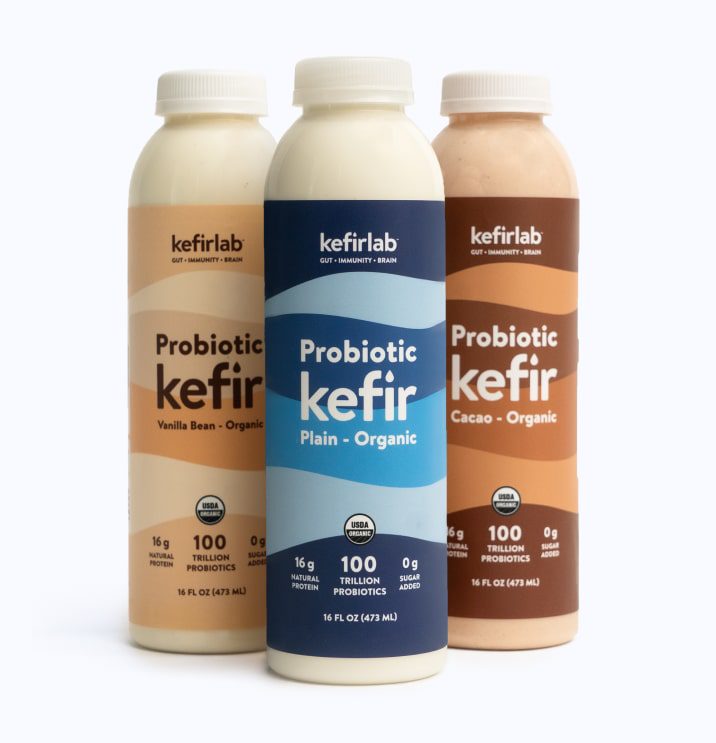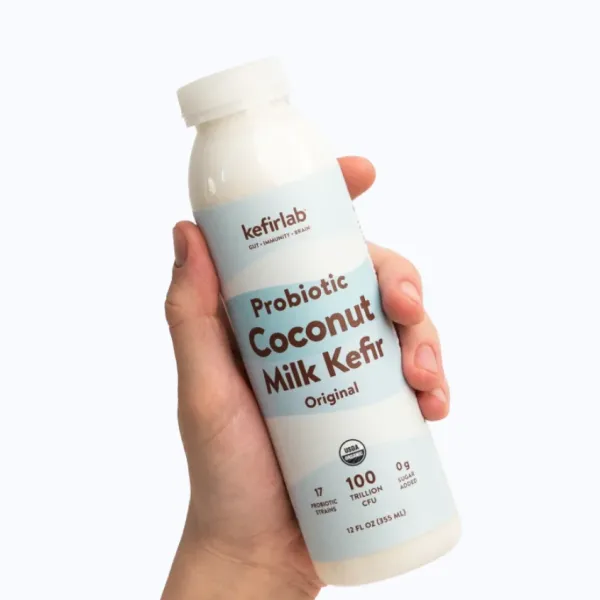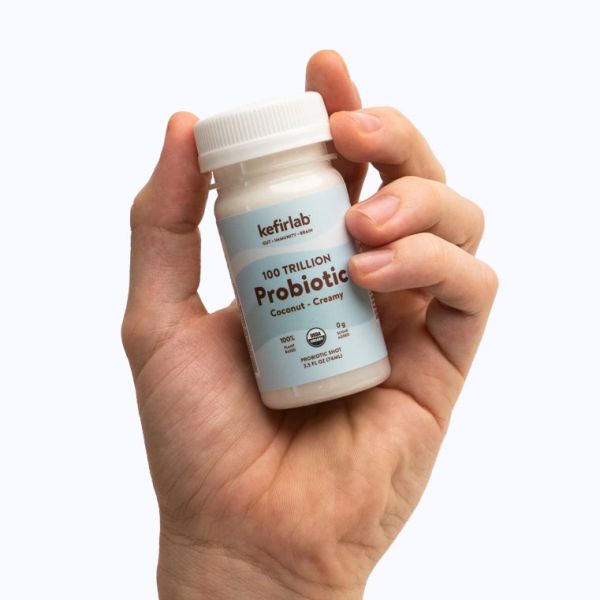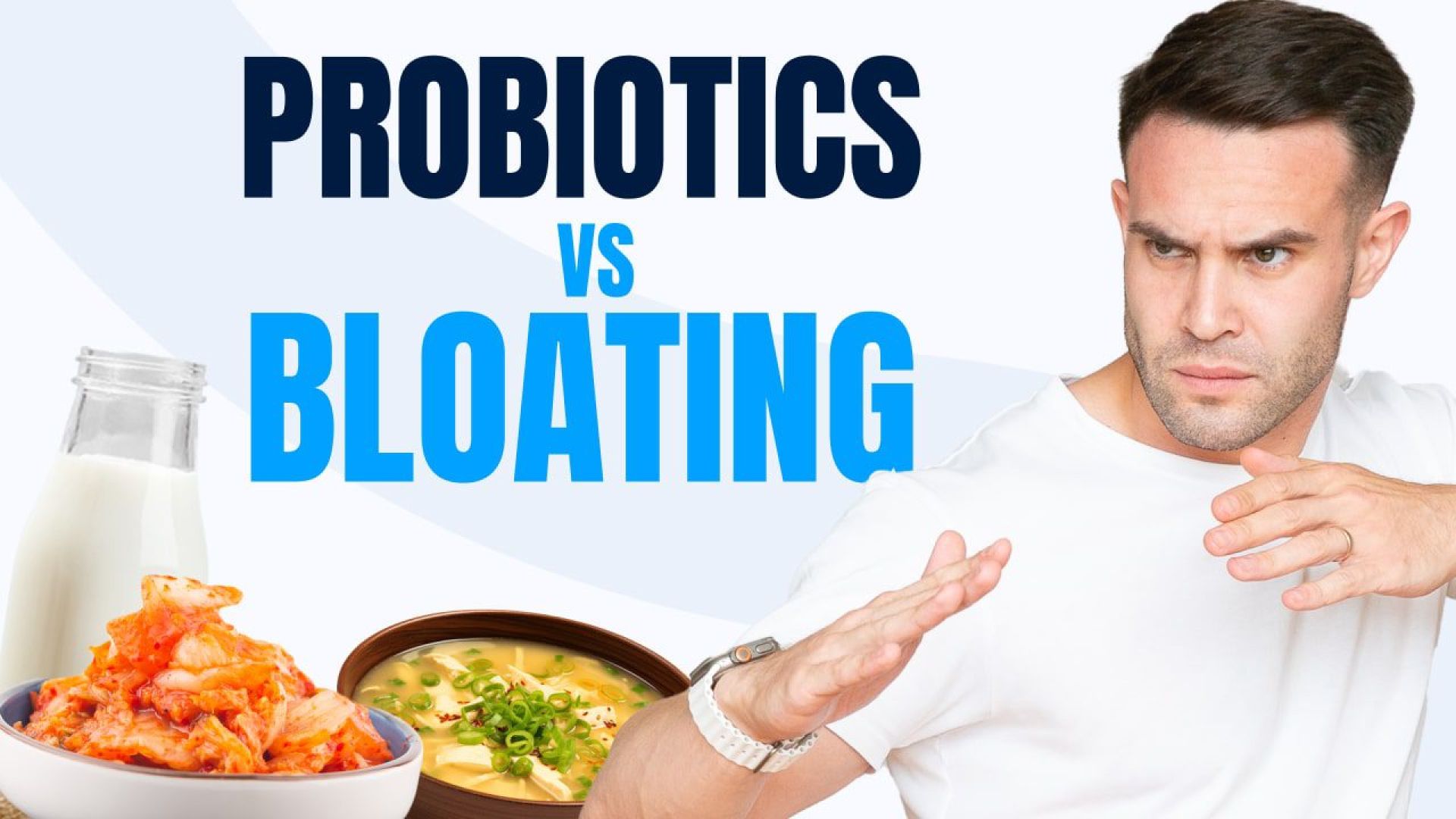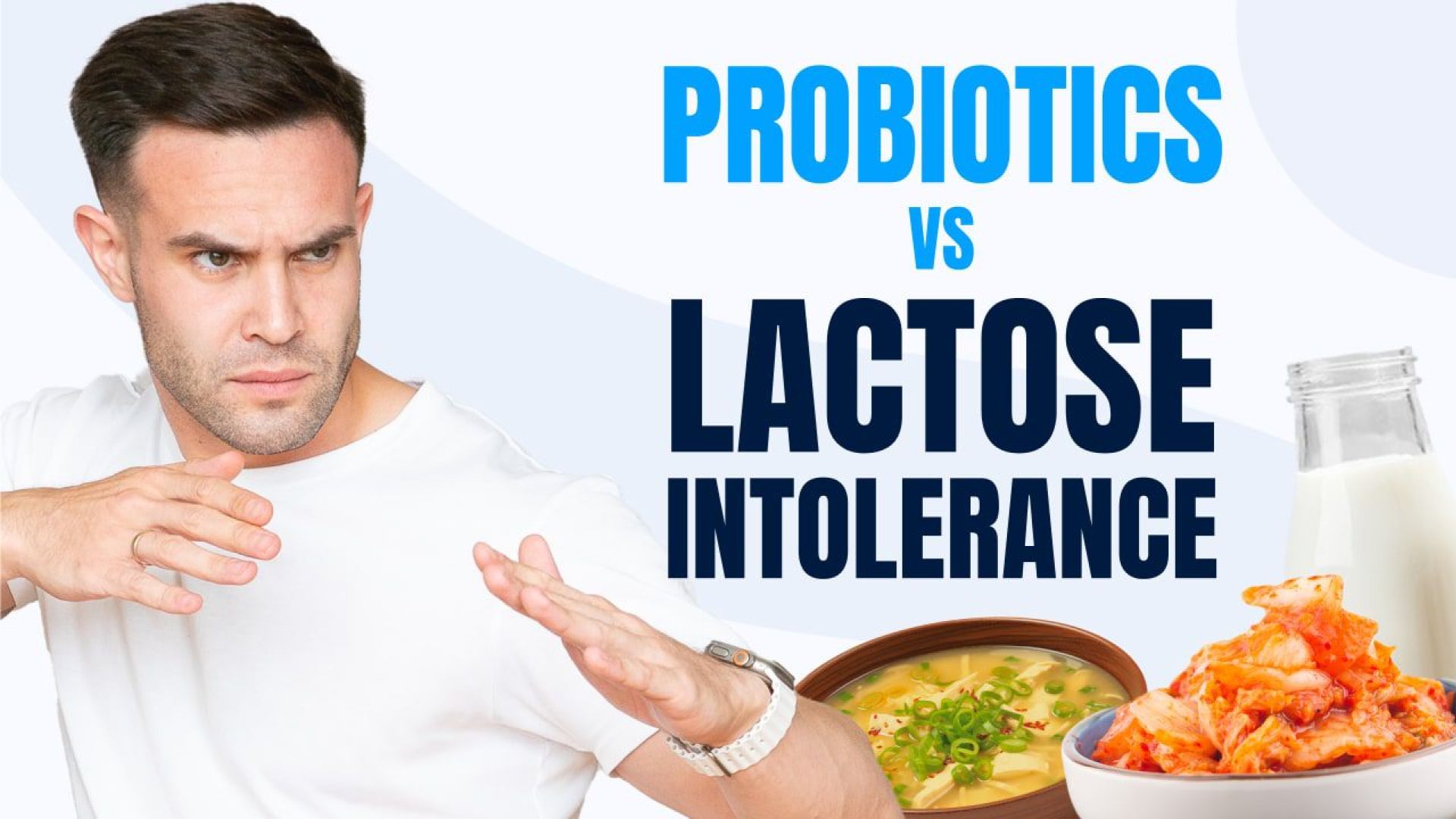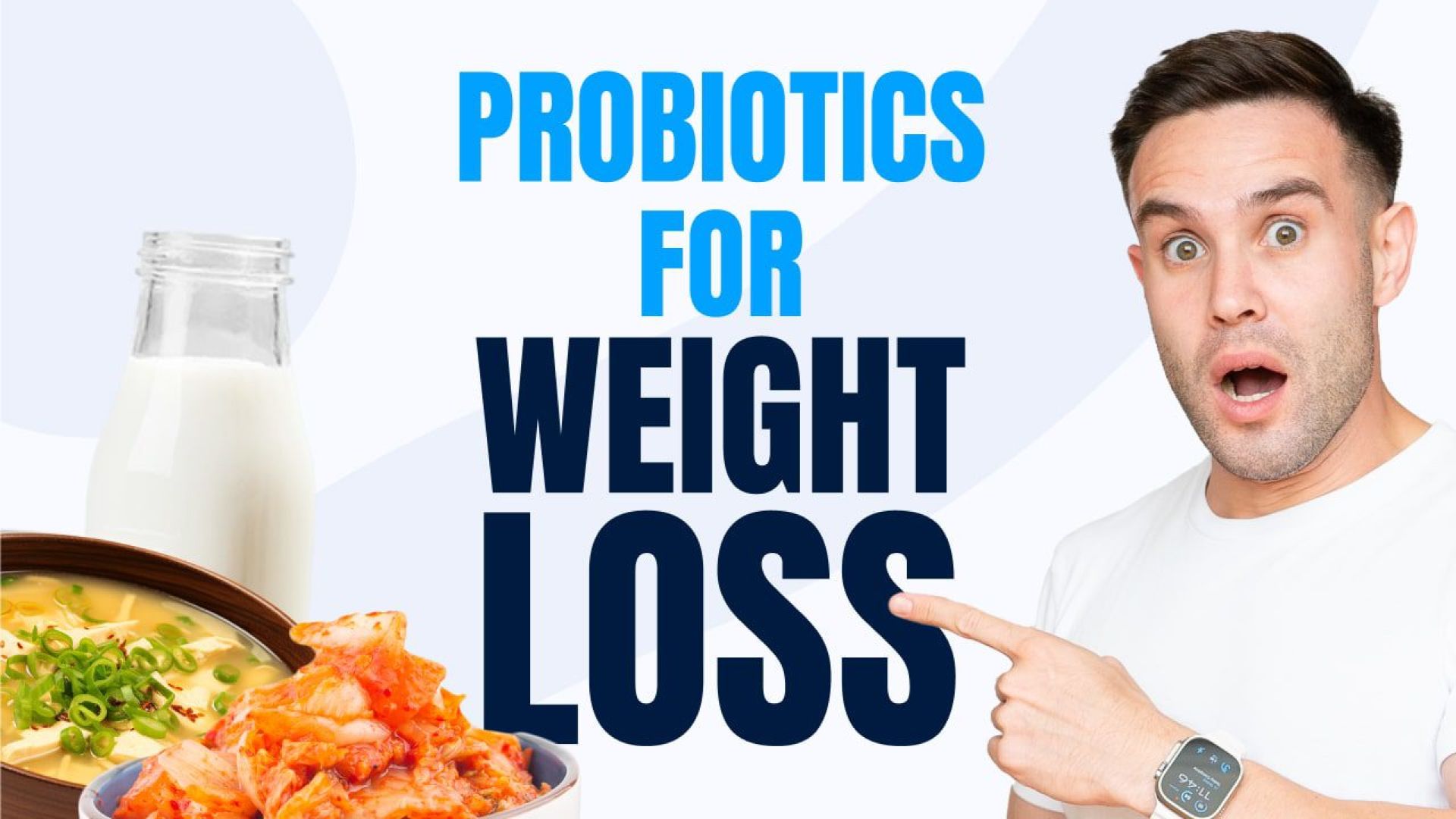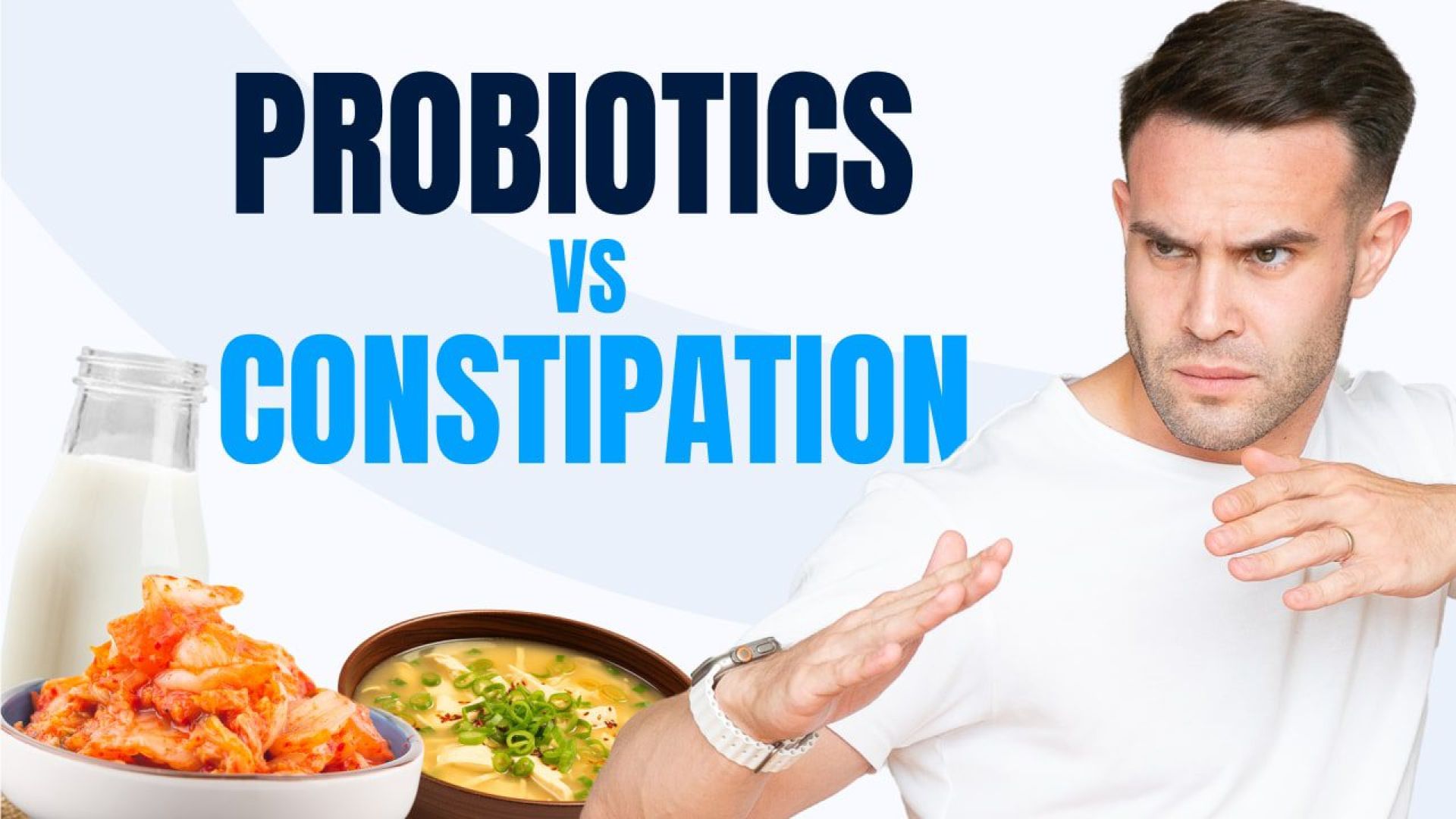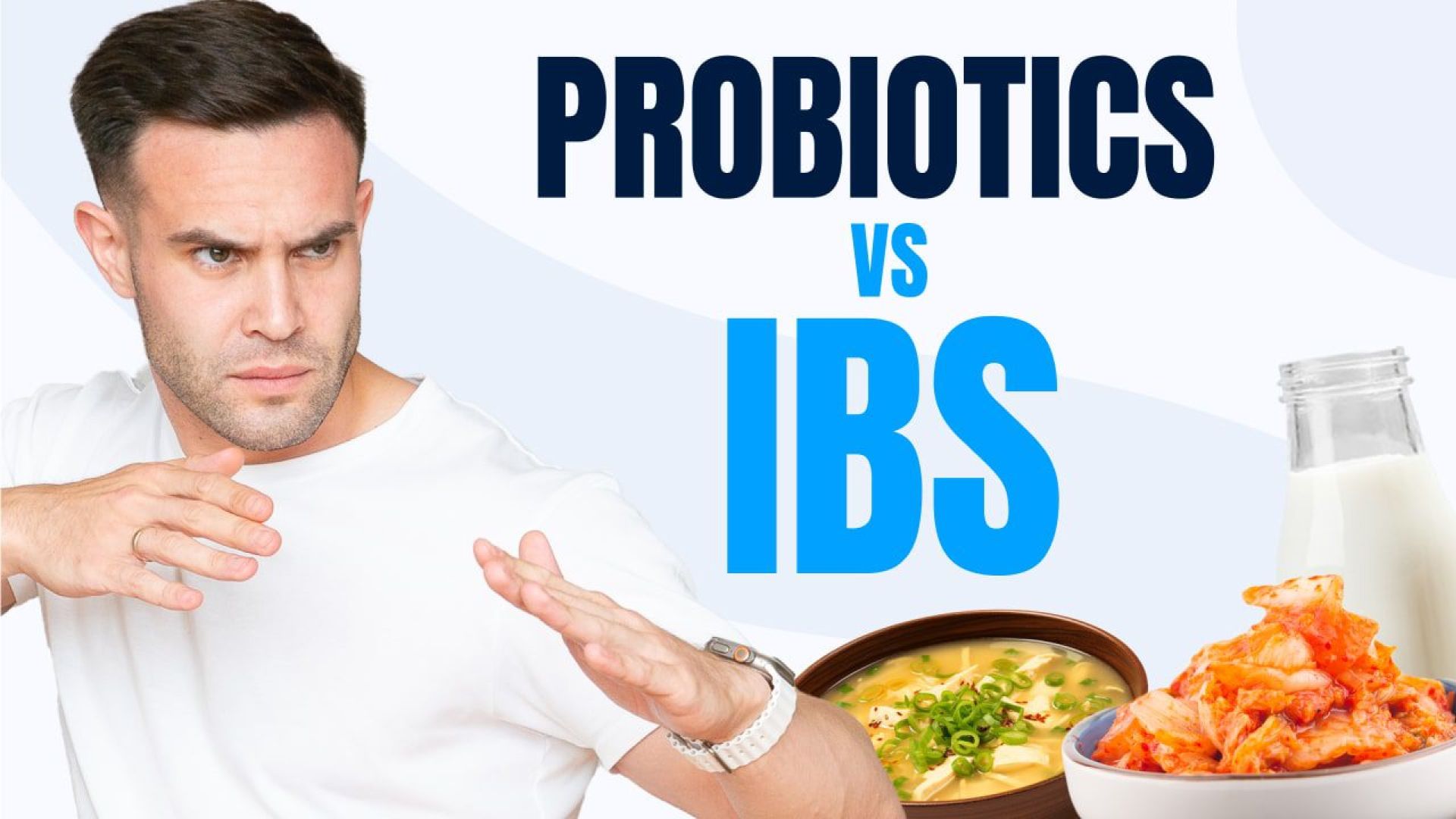Are Probiotics Good For You? [26 Benefits of Probiotics]

In This Article you will learn…
In this comprehensive guide, we will explore the various benefits of probiotics and how they can positively impact your health.
From improving gut health to boosting cognitive sharpness, probiotics are crucial to our overall well-being.
By the end of this article, you will have a thorough understanding of why incorporating probiotics into your daily routine can be beneficial and how Kefir Lab’s products can help you achieve optimal health.
How Probiotics Improve Gut Health
01. Balancing Gut Microflora
Probiotics help maintain a healthy balance of gut microflora.
By introducing beneficial bacteria, probiotics can outcompete harmful pathogens, preventing them from taking hold.
This balance is crucial for overall digestive health and preventing infections.
02. Enhancing Digestion and Nutrient Absorption
Probiotics play a significant role in breaking down food and enhancing nutrient absorption.
They assist in the digestion of complex carbohydrates, fibers, and proteins, making it easier for your body to extract and utilize essential nutrients.
03. Reducing Symptoms of Digestive Disorders
Regular consumption of probiotics can alleviate symptoms of various digestive disorders.
For example, probiotics have been shown to reduce bloating, gas, and diarrhea associated with conditions like irritable bowel syndrome (IBS) and inflammatory bowel disease (IBD).
04. Probiotics and IBS (Irritable Bowel Syndrome)
Studies have demonstrated that probiotics can be particularly effective in managing IBS symptoms.
They help regulate bowel movements, reduce abdominal pain, and minimize bloating, providing much-needed relief for those suffering from this chronic condition.
05. Probiotics and Inflammatory Bowel Disease (IBD)
For individuals with IBD, such as Crohn’s disease and ulcerative colitis, probiotics can aid in maintaining remission and reducing flare-ups.
Probiotics offer a supportive therapy for managing IBD by modulating the immune response and enhancing intestinal barrier function.
Probiotics and Immune System Support
06. Strengthening the Immune Response
Probiotics play a crucial role in strengthening the immune system.
By enhancing the production of natural antibodies and promoting the activity of immune cells such as macrophages and T-lymphocytes, probiotics help your body fight off infections more effectively.
07. Prevention of Common Infections
Regular probiotic intake can reduce the incidence and duration of common infections, such as the cold and flu.
By maintaining a healthy gut flora, probiotics act as a first line of defense against pathogens, preventing them from entering the bloodstream and causing illness.
08. Probiotics and Allergies
Probiotics can help manage and reduce the severity of allergic reactions.
By modulating the immune response and reducing inflammation, probiotics can alleviate symptoms of allergies, such as hay fever and eczema, providing relief for allergy sufferers.
09. Probiotics and Autoimmune Diseases
Emerging research suggests that probiotics play a role in managing autoimmune diseases.
By regulating immune system activity and promoting a balanced inflammatory response, probiotics can help reduce the severity of autoimmune conditions such as rheumatoid arthritis and multiple sclerosis.
Mental Health and Cognitive Benefits of Probiotics
10. Gut-Brain Connection
The gut-brain axis is a complex communication network linking the gut and the brain.
Probiotics influence this connection by producing neurotransmitters and modulating the gut microbiota, which can profoundly impact mental health and cognitive function.
11.Reducing Stress and Anxiety
Probiotics have been shown to reduce cortisol levels, the stress hormone, and alleviate anxiety symptoms.
Regular consumption of probiotics can lead to improved stress resilience and a more balanced emotional state.
12.Enhancing Mood and Cognitive Function
Probiotics can positively affect mood and cognitive function by increasing the production of serotonin and other mood-regulating neurotransmitters.
This can result in enhanced memory, better focus, and overall cognitive sharpness.
13. Probiotics and Depression
Studies indicate that probiotics may help alleviate symptoms of depression.
By modulating gut microbiota and reducing inflammation, probiotics can support mental health and improve the overall quality of life for individuals with depression.
Probiotics and Skin Health
14. Managing Acne and Other Skin Conditions
Probiotics can help manage acne and other skin conditions by reducing inflammation and balancing the skin microbiome.
Probiotics can lead to clearer, healthier skin by inhibiting the growth of harmful bacteria and promoting healthy skin flora.
15. Promoting Healthy, Radiant Skin
Regular intake of probiotics can result in healthier, more radiant skin.
Probiotics support skin hydration, improve elasticity, and enhance the skin’s natural barrier function, protecting it from environmental damage and aging.
16. Probiotics and Eczema
Probiotics have been found to reduce the severity of eczema symptoms.
Probiotics can modulate the immune response and decrease inflammation, which can relieve the itching and discomfort associated with eczema.
17. Probiotics and Psoriasis
Emerging research suggests that probiotics help manage psoriasis.
By promoting a healthy balance of gut and skin microbiota, probiotics can reduce the inflammation and scaling associated with this chronic skin condition.
Probiotics for Weight Management
18. Supporting Healthy Metabolism
Probiotics can support a healthy metabolism by enhancing the body’s ability to break down and absorb nutrients.
This can lead to better energy levels, improved metabolism, and more effective weight management.
19. Reducing Body Fat and Obesity Risk
Certain probiotic strains have been shown to help reduce body fat and lower the risk of obesity.
By modulating the gut microbiota, probiotics can influence fat storage and help regulate appetite and energy expenditure.
20. Probiotics and Appetite Control
Probiotics can help control appetite by influencing the production of hormones related to hunger and satiety, such as ghrelin and leptin.
This can help reduce cravings and support healthier eating habits, contributing to weight management.
Probiotics and Women’s Health
21. Probiotics and Vaginal Health
Probiotics are beneficial for maintaining vaginal health by balancing the vaginal microbiota.
They help prevent infections such as bacterial vaginosis and yeast infections by promoting the growth of healthy bacteria and inhibiting harmful pathogens.
22. Probiotics and Pregnancy
Probiotics can support maternal and fetal health during pregnancy. They can help manage digestive issues, such as constipation and bloating, and may reduce the risk of gestational diabetes.
Probiotics can also support the baby’s development of a healthy immune system.
23. Probiotics and Urinary Tract Infections
Probiotics can help prevent and manage urinary tract infections (UTIs) by maintaining a healthy balance of bacteria in the urinary tract.
This can reduce the frequency and severity of UTIs, promoting overall urinary health.
Probiotics for Children’s Health
24. Supporting Digestive Health in Children
Probiotics can aid in maintaining a healthy digestive system in children.
They help balance the gut microbiota, reducing the risk of gastrointestinal issues such as constipation, diarrhea, and colic.
25. Boosting Immunity in Children
Probiotics play a crucial role in boosting the immune system of children. By enhancing the gut’s natural defenses, probiotics can help reduce the incidence of common infections, such as colds and flu.
26. Probiotics and Eczema in Children
Probiotics can be beneficial in managing eczema in children. By modulating the immune response and reducing inflammation, probiotics can alleviate the symptoms of eczema, providing relief for affected children.
Conclusion and Summary
Understanding the profound impact of probiotics on various aspects of your health opens new avenues for enhancing your overall well-being. Here are the essential takeaways from our discussion:
- Gut Health: Probiotics balance gut microflora, enhance digestion, and alleviate symptoms of digestive disorders such as IBS and IBD.
- Immune Support: Regular probiotic intake strengthens the immune system, reduces the incidence of infections, and helps manage allergies and autoimmune diseases.
- Mental Health: Probiotics support mental health by reducing stress and anxiety, improving mood, and enhancing cognitive function.
- Skin Health: Probiotics manage skin conditions like acne, eczema, and psoriasis, promoting healthier, radiant skin.
- Weight Management: Probiotics support a healthy metabolism, reduce body fat, and aid in appetite control.
- Women’s Health: Probiotics support vaginal health, pregnancy, and prevent urinary tract infections.
- Children’s Health: Probiotics enhance digestive health and boost immunity in children while helping manage eczema.
Embrace these benefits to boost your health and enhance your overall well-being.
For more detailed guidance and to explore high-quality probiotic products, visit the HealthLab Blog and check out KefirLab’s Probiotic Store.
Works Cited and Relevant Studies
- Azad, M. A., Sarker, M., Wan, D., & Li, T. (2018). Probiotic Species in the Modulation of Gut Microbiota: An Overview. BioMed Research International, 2018, 9478630.
- Wallace, C. J. K., & Milev, R. (2017). The effects of probiotics on depressive symptoms in humans: A systematic review. Annals of General Psychiatry, 16(14).
- Salem, I., Ramser, A., Isham, N., & Ghannoum, M. A. (2018). The gut microbiome as a major regulator of the gut-skin axis. Frontiers in Microbiology, 9, 1459.
- Sazawal, S., Hiremath, G., Dhingra, U., Malik, P., Deb, S., & Black, R. E. (2006). Efficacy of probiotics in prevention of acute diarrhoea: A meta-analysis of masked, randomised, placebo-controlled trials. The Lancet Infectious Diseases, 6(6), 374-382.
- Sanders, M. E., Merenstein, D. J., Reid, G., Gibson, G. R., & Rastall, R. A. (2019). Probiotics and prebiotics in intestinal health and disease: From biology to the clinic. Nature Reviews Gastroenterology & Hepatology, 16(11), 605-616.
- Hill, C., Guarner, F., Reid, G., Gibson, G. R., Merenstein, D. J., Pot, B., … & Sanders, M. E. (2014). The International Scientific Association for Probiotics and Prebiotics consensus statement on the scope and appropriate use of the term probiotic. Nature Reviews Gastroenterology & Hepatology, 11(8), 506-514.
- Bron, P. A., Kleerebezem, M., Brummer, R. J., Cani, P. D., Mercenier, A., MacDonald, T. T., … & Wells, J. M. (2017). Can probiotics modulate human disease by impacting intestinal barrier function? British Journal of Nutrition, 117(1), 93-107.
Join Kefir Club
Like our probiotics, our emails are clean and good for you. Spam Free. Unsubscribe anytime.
